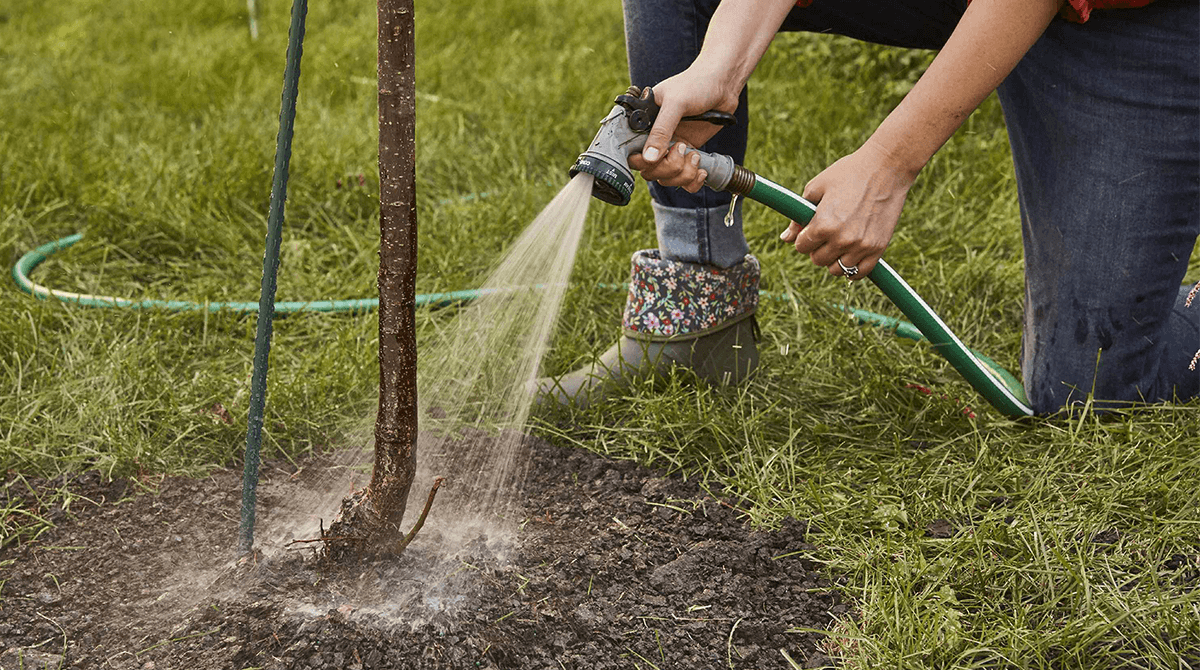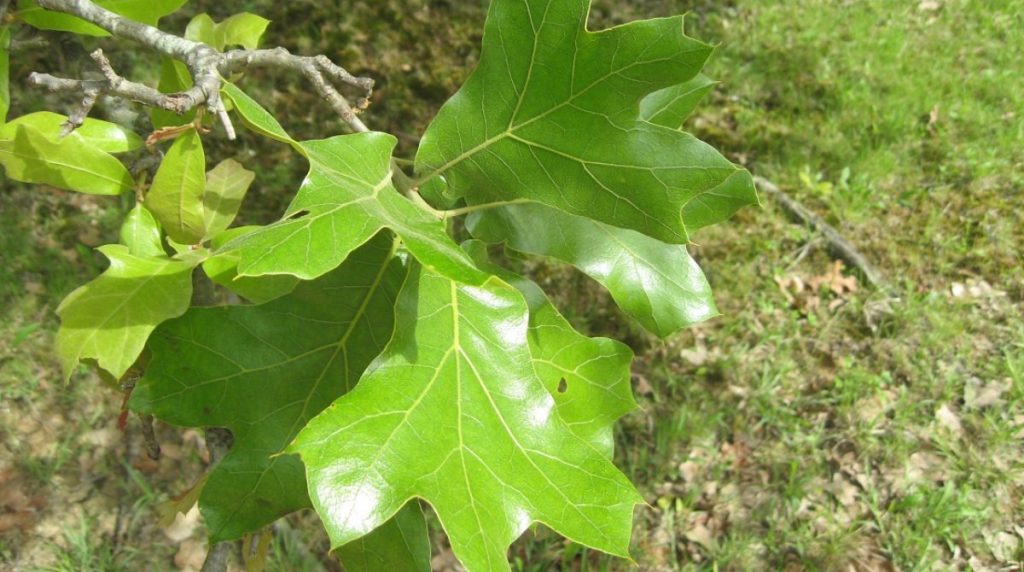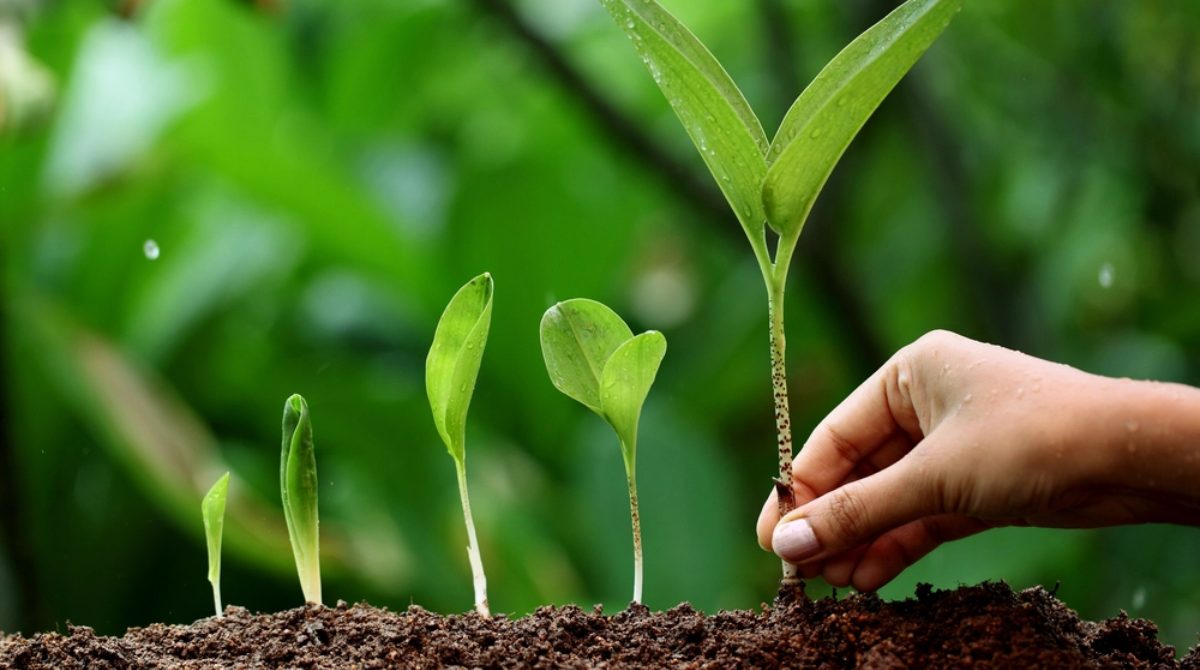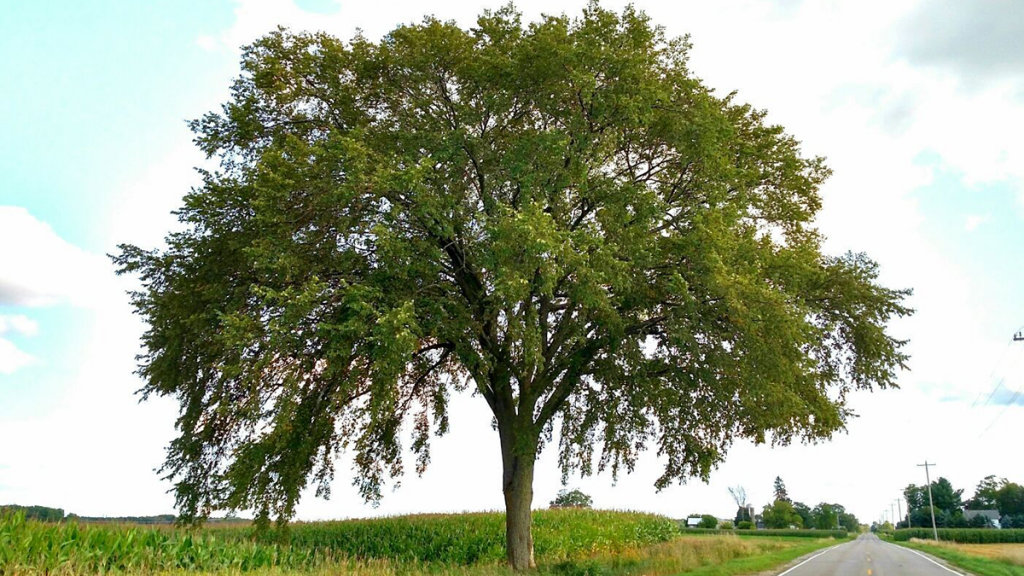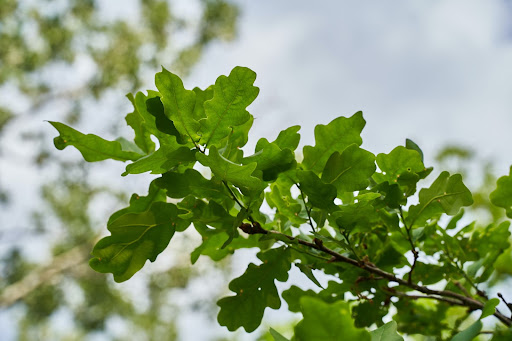
Date June 14, 2023
Introduction to Tree Fertilization
Tree fertilization is the process of adding essential nutrients to the soil around a tree to promote its health and growth. It’s a critical aspect of tree care that can significantly impact a tree’s vitality and longevity. The importance of tree fertilization cannot be overstated. It not only ensures that trees have the necessary nutrients for growth but also strengthens their resistance against diseases and pests.
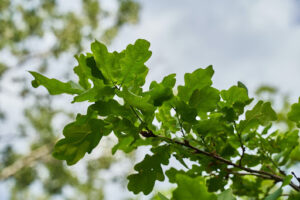
The Need for Tree Fertilization in Dallas
Dallas, Texas, has unique soil and climate conditions that can affect tree health and growth. The city’s soil is often compacted and nutrient-deficient, making it challenging for trees to absorb the nutrients they need. Additionally, Dallas’s hot and dry climate can stress trees, making them more susceptible to diseases and pests. Given these conditions, tree fertilization in Dallas is not just beneficial—it’s necessary.
Understanding the local soil conditions is crucial for effective tree fertilization. The USDA’s Urban Soil Primer provides valuable insights into urban soils and their management.
The Process of Tree Fertilization
The process of tree fertilization involves several steps, starting with a soil test to determine the soil’s nutrient content and pH level. Based on the test results, a specific type of fertilizer is chosen and applied to the soil around the tree. The fertilizer can be applied in various ways, but one of the most effective methods is deep root fertilization, which delivers nutrients directly to the tree’s root system.
The importance of professional application in tree fertilization cannot be overstated. Professionals have the knowledge and equipment to ensure that the fertilization process is done correctly and safely. They can also provide ongoing care and advice to keep your trees healthy in the long term.
Benefits of Tree Fertilization
Tree fertilization offers numerous benefits. First and foremost, it improves tree health and growth. By providing the necessary nutrients, fertilization helps trees grow stronger and more resilient.
Fertilization also enhances a tree’s resistance to diseases and pests. Healthy, well-nourished trees are better equipped to fend off diseases and pest infestations than nutrient-deficient trees.
Finally, tree fertilization enhances the aesthetic appeal of trees. Fertilized trees tend to have lush, vibrant foliage and robust growth, making them a beautiful addition to any landscape.
In conclusion, tree fertilization is a crucial aspect of tree care that can significantly improve tree health and growth. Whether you’re a homeowner in Dallas looking to enhance the beauty of your landscape or a city official seeking to maintain the health of public trees, tree fertilization is an investment worth making. The Texas Tree Planting Guide is a great resource for more information on tree care in Texas.
Part 2: Advanced Topics in Tree Fertilization
Soil Conditioning and Its Role in Tree Health
Soil conditioning refers to the process of improving the quality of soil to make it more conducive to plant growth. This can involve adding organic matter to the soil, adjusting its pH level, or altering its structure to improve drainage and aeration.
Soil conditioning plays a crucial role in tree health. By improving the soil’s structure and nutrient content, conditioning enhances the soil’s ability to support tree growth. It allows the tree’s roots to penetrate deeper into the soil, improves the soil’s water-holding capacity, and increases the availability of essential nutrients.
Understanding the local soil conditions is crucial for effective soil conditioning. The USDA’s Urban Soil Primer provides valuable insights into urban soils and their management.
Deep Root Fertilization
Deep root fertilization is a method of tree fertilization that involves injecting a nutrient solution directly into the root zone of a tree. This method ensures that the nutrients reach the tree’s roots quickly and efficiently, bypassing the challenges posed by compacted or nutrient-poor soil.
The benefits of deep root fertilization are numerous. It promotes healthier and more vigorous tree growth, enhances the tree’s resistance to diseases and pests, and can help to alleviate soil compaction.
The Texas A&M Forest Service’s guide on Tree Fertilization provides more information on this method and its benefits.
Common Tree Diseases and Pests in Dallas
Dallas, Texas, is home to a variety of tree species, each of which can be affected by different diseases and pests. Some of the most common tree diseases in Dallas include Oak Wilt, Hypoxylon Canker, and Dutch Elm Disease. Common pests include the Emerald Ash Borer, Bark Beetles, and various species of caterpillars.
Tree fertilization plays a crucial role in combating these issues. By improving tree health and vigor, fertilization enhances a tree’s natural defenses against diseases and pests. A well-nourished tree is better equipped to resist infections and infestations and recover from damage.
FAQs on Tree Fertilization in Dallas
Q: How often should trees be fertilized?
A: The frequency of tree fertilization depends on several factors, including the tree species, soil conditions, and specific nutrient deficiencies. In general, most trees benefit from annual or biannual fertilization.
Q: What type of fertilizer is best for trees?
A: The best type of fertilizer for a tree depends on the tree’s specific nutrient needs, which can be determined through a soil test. In general, a balanced fertilizer that contains nitrogen, phosphorus, and potassium is a good choice for most trees.
Q: Can over-fertilization harm trees?
A: Yes, over-fertilization can harm trees by causing nutrient imbalances, damaging roots, and increasing susceptibility to diseases and pests. It’s important to apply the correct amount of fertilizer and to follow the recommended application methods.
Q: Can tree fertilization help a sick tree recover?
A: Yes, tree fertilization can help a sick tree recover by providing the nutrients it needs to regain health and vigor. However, fertilization should be part of a comprehensive tree care plan that also includes proper watering, pruning, and pest management.
In conclusion, tree fertilization is a critical aspect of tree care that can significantly improve the health, growth, and aesthetic appeal of your trees. From understanding the unique soil and climate conditions in Dallas to learning about advanced topics such as soil conditioning and deep root fertilization, we’ve covered the essentials of tree fertilization. However, the process can be complex and requires professional expertise for the best results.
That’s where TreeNewal comes in. As the premier arborist company in Dallas, TreeNewal offers expert tree fertilization services tailored to the specific needs of your trees and the local environment. Our team of certified arborists has the knowledge, experience, and equipment to ensure that your trees receive the best care possible.
Don’t let your trees suffer from nutrient deficiencies or succumb to diseases and pests. Contact TreeNewal today and let our experts provide the tree fertilization Dallas residents trust for healthy, beautiful trees.
